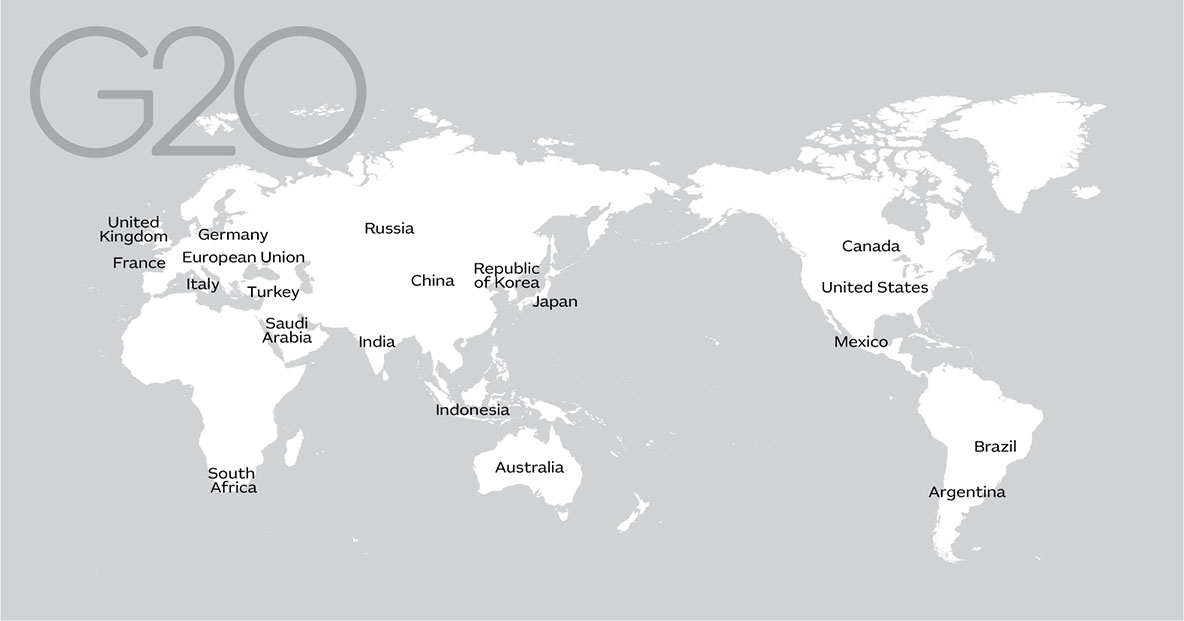The G20 Nations: Shaping Global Economics and Cooperation

Introduction:
The Group of Twenty (G20) is a forum of major economies that plays a crucial role in addressing global economic challenges and fostering international cooperation. Comprising 19 individual countries and the European Union, the G20 nations collectively represent a significant portion of the world’s population and GDP. In this article, we’ll explore the roles and responsibilities of the G20 nations in shaping the global economic landscape and addressing pressing global issues.
Origins and Evolution:
The G20 was established in 1999 in response to the financial crises of the late 1990s. Initially, it focused on addressing financial stability and currency exchange rates. Over time, its scope has expanded to encompass broader global economic issues, including trade, development, climate change, and more.
Role of the G20 Nations:
- Global Economic Coordination: One of the primary roles of the G20 nations is to promote global economic stability and growth. They discuss and coordinate economic policies, exchange rates, and financial regulations to prevent economic crises and foster sustainable development.
- Financial and Banking Regulation: In the wake of the 2008 global financial crisis, the G20 nations took on a pivotal role in reforming international financial systems and regulating banking practices. Their efforts led to the creation of the Basel III framework, designed to enhance the stability of the global banking sector.
- Trade and Investment: The G20 nations play a key role in shaping global trade policies and promoting international trade agreements. They work to reduce trade barriers, promote investment, and address trade imbalances.
- Development and Poverty Alleviation: The G20 nations are committed to addressing global development challenges. They collaborate with international organizations to tackle issues such as poverty, inequality, and health crises.
- Climate Change and Sustainability: Environmental sustainability is another crucial focus area. The G20 nations engage in discussions on climate change mitigation, adaptation, and sustainable energy solutions, aiming to align their policies with global climate goals.
- Pandemic Response: In recent years, the G20 nations have played a significant role in coordinating global responses to health emergencies, such as the COVID-19 pandemic. They have discussed vaccine distribution, economic recovery, and healthcare cooperation.
- Financial Inclusion: The G20 has placed emphasis on promoting financial inclusion, ensuring that people around the world have access to financial services and opportunities for economic growth.
Challenges and Future Directions:
While the G20 nations have made significant strides in addressing global economic and social challenges, they face several hurdles. These include diverging national interests, political tensions, and the need to balance domestic priorities with international cooperation.
In the future, the G20 nations must continue to adapt to evolving global challenges. They can play a pivotal role in driving innovative solutions to emerging issues, such as digitalization, cybersecurity, and the green economy.
Conclusion:
The G20 nations are instrumental in shaping global economic policies and fostering cooperation on critical international issues. They represent a diverse group of economies, and their collaborative efforts have the potential to drive positive change on a global scale. As the world faces complex challenges in the 21st century, the role of the G20 nations remains indispensable in advancing global stability, prosperity, and sustainability.



